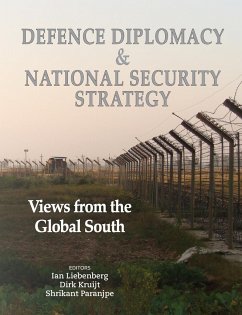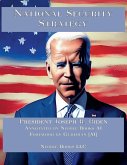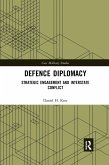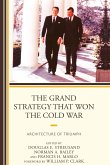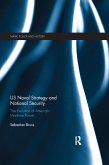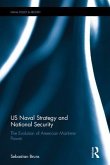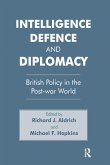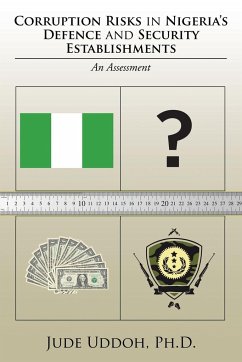The post-cold war era presented security challenges that at one level are a continuation of the cold war era; at another level, these phenomena manifested in new forms. Whether the issues of economics and trade, transfer of technologies, challenges of intervention, or humanitarian crisis, the countries of the South (previously pejoratively labelled "Third World" or "developing" countries) have continued to address these challenges within the framework of their capabilities and concerns. The volume explores defence diplomacies, national security challenges and strategies, dynamics of diplomatic manoeuvers and strategic resource management of Latin American, southern African and Asian countries. This path-breaking work is a fresh addition to the comparative literature on defence and security studies that links concepts and cases, giving voice to scholars related to the Global South and not to the Western powers. Emphasising history, political economy, the military, (human) security and politics, contributors to this innovative volume demonstrate 'how the past reappears because it is a hidden present', to paraphrase novelist Octavio Paz. A capita selecta of case studies and dialogue engendered thereby hold much promise for academic researchers, theorists, expert practitioners, security and political practitioners, policymakers and students. Apart from comparative potential, the analyses reflect a purposeful blend of theory, history and substance - indeed a worthy and valuable venture in current times.
Hinweis: Dieser Artikel kann nur an eine deutsche Lieferadresse ausgeliefert werden.
Hinweis: Dieser Artikel kann nur an eine deutsche Lieferadresse ausgeliefert werden.

